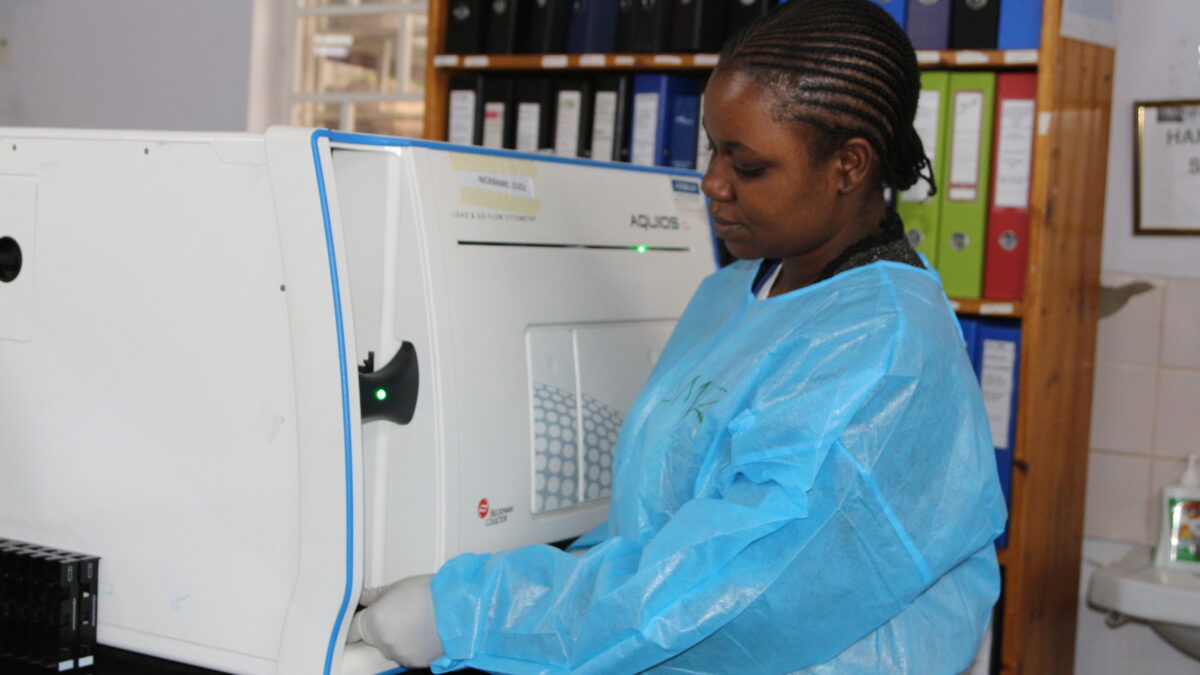Virologic Failure and Drug Resistance after Programmatic Switching to Dolutegravir – based First- Line Antiretroviral Therapy in Malawi and Zambia.

CIDRZ and MOH Partner to Strengthen HIV Self-Testing Services by Facilitating Healthcare Provider Exchange Visits.
April 29, 2025
Strengthening Vaccine Readiness: CIDRZ and Ministry of Health Engage Stakeholders on INTRO-TB-VAX Study.
May 2, 2025The Centre for Infectious Disease Research in Zambia (CIDRZ), in collaboration with the Ministry of Health, conducted a study on the transition to Dolutegravir (DTG)-based first-line antiretroviral therapy (ART) from June 2020 to December 2022.
The study titled DTG-SWITCH: Longitudinal analysis of virologic failure and drug resistance at and after switching to Dolutegravir-based first-line ART implemented at Kanyama, Matero first level hospitals, and Kalingalinga clinic sought to investigate the outcomes of switching people living with HIV to a new treatment called Dolutegravir in Zambia.
It also aimed to understand how well people who switched to this new treatment respond over two years, especially those who had detectable levels of HIV viral load(Viremia) when they switched. Further the study also looked at whether people developed resistance to the new treatment.
The study found that after two years, most people on DTR based treatment had good outcomes. However, those with high viral loads at switching were more likely to experience treatment failure.
In Malawi all people living with HIV were switched to DTG based treatment, regardless of their viral load. However, in Zambia, only those with a viral load below 1000 copies/ml were switched to DTG.




